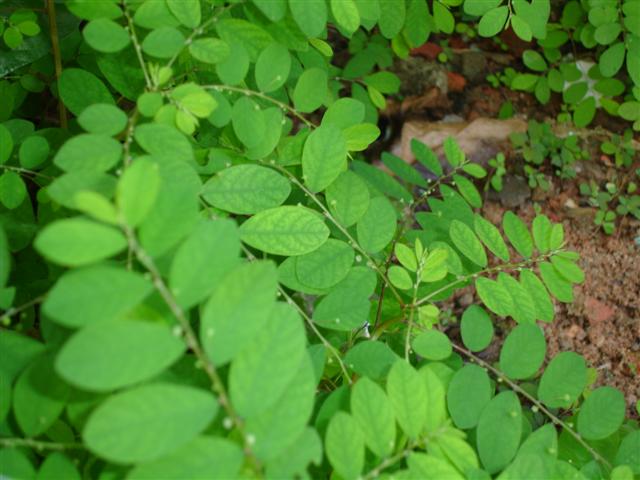Description
OrderFood Supplement
Chanca piedra is a plant native to Peru. It supports normal urinary tract health and kidney function and acts as an antioxidant. It promotes the body’s natural defences and resilience and supports healthy joints. It maintains the pH balance in the stomach, normalizes blood pressure, has a beneficial effect on blood vessels and metabolism of fats in the blood, and is recommended for maintaining (pre)menstrual and menopausal comfort. It contributes to relaxation and boosts mental and physical wellbeing. The tincture contains no alcohol, dyes, or artificial sweeteners.
Contents: glycerol; water; Phyllanthus niruri syn. Amarus
Recommended dose and instructions: Shake well. Use 20 drops 3× per day. We recommend putting the drops in your mouth and letting them absorb through the oral mucosa. This can be followed with a small amount of water. The daily recommended dose contains extract equal to 1,440 mg of fresh plant matter.
Warning: This product is not a substitute for a balanced diet. Do not exceed the daily recommended dose. Keep out of reach of children. Store in a dry place away from direct light. Close tightly!
Count: 50 ml


